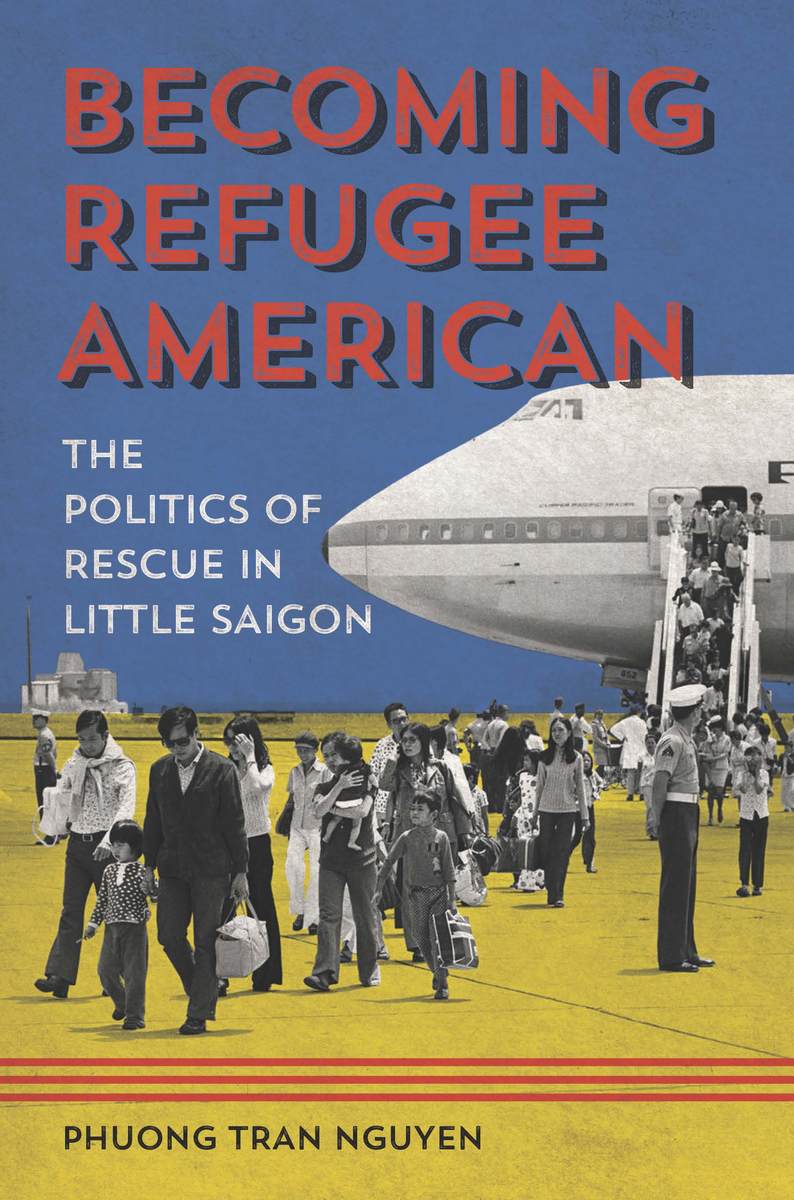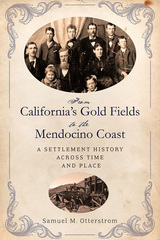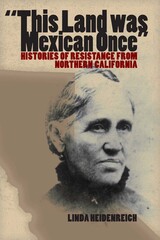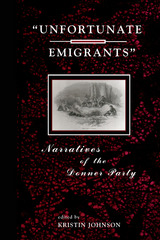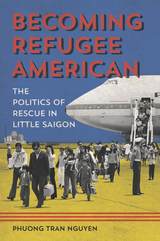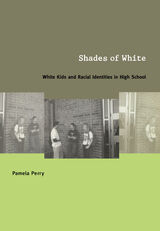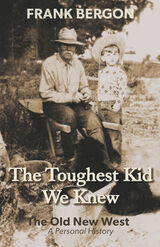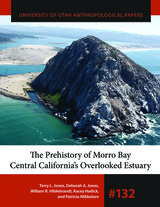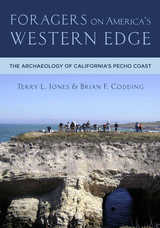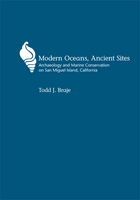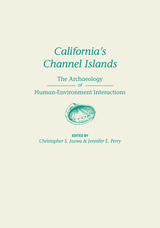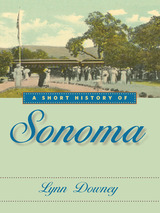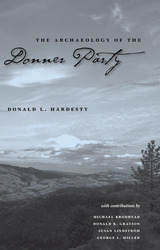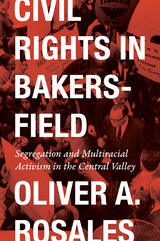eISBN: 978-0-252-09995-3 | Cloth: 978-0-252-04135-8 | Paper: 978-0-252-08288-7
Library of Congress Classification F868.O6N48 2017
Dewey Decimal Classification 305.906914079496
Phuong Tran Nguyen examines the phenomenon of refugee nationalism among Vietnamese Americans in Southern California. Here, the residents of Little Saigon keep alive nostalgia for the old regime and, by extension, their claim to a lost statehood. Their refugee nationalism is less a refusal to assimilate than a mode of becoming, in essence, a distinct group of refugee Americans. Nguyen examines the factors that encouraged them to adopt this identity. His analysis also moves beyond the familiar rescue narrative to chart the intimate yet contentious relationship these Vietnamese Americans have with their adopted homeland. Nguyen sets their plight within the context of the Cold War, an era when Americans sought to atone for broken promises but also saw themselves as providing a sanctuary for people everywhere fleeing communism.
See other books on: Cultural assimilation | Refugees | Vietnam | Vietnam War, 1961-1975 | Vietnamese
See other titles from University of Illinois Press
